Author: Hashmita Ashiya is a student at Institute of Law, Nirma University.
India’s defamation laws act as guardians at the intersection between a person’s reputation and right to free speech and expression guaranteed by the constitution. Defamation law, which has its roots in the intricate interaction of laws, court rulings, and constitutional clauses, aims to achieve a careful equilibrium between people’s right to protect their reputations and the public interest in promoting free speech. The history of defamation law dates back to classical antiquity. Defamation law in modern legal systems mostly comes from Roman and early English law, even though it has been acknowledged as an actionable wrong in various forms across historical legal systems as well as in diverse moral and theological philosophies. German and Roman law both have a history of slander. In ancient Rome, it was death punishment to chant abusively. A tongue- cutting penalty was the punishment for insults under early English and German Law. The defamation law was initially conceived in India in 1837 by Lord Macaulay. Defamation was outlawed during British rule with the sole goal of serving the interests of the British government. However, a measure that broadened the meaning of ‘defamation’ and transferred the burden of proof from the accused to the victim was passed by the Rajiv Gandhi administration following independence. As a result, the administration was forced to rescind the bill due to a statewide strike.
A defamation lawsuit is brought by someone who believes they have been falsely accused of something in public, or by someone else using words, gestures, writing or inference, and who believes an accusation will harm their reputation, particularly with conservative members of society. Defamation is recognized by the Indian legal system as a civil and criminal infraction, giving people the opportunity to seek compensation for loss caused by false and destructive words. The law of torts mostly governs civil defamation, and the harmed party may file a civil case to recover damages. Civil defamation is possible to sue the defendant for defamation and get financial compensation; however, the remarks made must be untrue and made without the alleged defamed person’s agreement. The veracity of the stamen, the fact that the allegedly defamatory statement was an opinion, consent to its publication, absolute privilege- typically granted in legal, administrative, and parliamentary proceedings- qualifies privilege- granted to media outlets and journalists based on the type of statement- retraction of the statement, etc.
The other type of defamation is criminal defamation. The components of such a type of defamation are described in section 499 of Indian Penal Code [IPC], which includes both spoken remarks [slander] and written or published statements [libel]. In order to be covered by this section, an individual must have made an imputation about another person with the intent, knowledge, or reasonable belief that the imputation will damage the reputation of the target of the imputation. This imputation may be made or publicized, and it may take the form of words, signs, or other visual representations. In recognition of the necessity to safeguard sincere expressions of opinion, reasonable criticism, and the truth, the law simultaneously considers a number of defences and exceptions. The exceptions include the “imputation of truth” which is necessary for the “public good” and must be publicized, on government official’s public behavior of anybody touching on a matter of public concern, and the merits of the public performance.
The conflict between the right to reputation and defamation never ends. Defamation is one of the statutes in the Indian legal system that is misused by the public, adding to the backlog of cases and squandering the judiciary’s resources. These disputes are typically tiresome and expensive affairs that take years to conclude. People and businesses with large resources take advantage of this fact, as lengthy litigations are costly and time- consuming, and not everyone can afford them. It is unclear if a statement made by a specific person may be used to file a defamation lawsuit against them, which increases the likelihood that the law of defamation will be abused by the people. More often than not, ego- clashes and prejudices play a role in people filing defamation cases. Both parties may later regret filing a case when it becomes overly complicated, and they realize it was a waste of their time, money, and energy in addition to a waste of scarce judicial resources that can also weaken the idea of free speech through endless litigation suits. However, pointless defamation lawsuits may also prevent people from coming out and disclosing the truth about other people, it might discourage many activists and the impoverished from speaking out about sexual harassment, corruption and other problems for fear of being financially and psychologically exhausted by a never- ending game of defamation lawsuits.
Defamation lawsuits are brought to defend people’s right to their reputation. The purpose of defamation laws is to make individuals reconsider their words, which damage people’s reputations in the community. People are prevented from enjoying their right to free speech and expression by the misapplication of the law. The Constitution may safeguard the right to reputation, but free expression shouldn’t be sacrificed for the sake of that right. Free speech is essential because it allows the media to hold people and governments responsible, among other reasons. The right to offend within acceptable bounds– that is, to rightfully criticize the wealthy and powerful- should be safeguarded by freedom of speech. In the Subramanian Swamy v. Union of India case, the Supreme Court affirmed sections 499 and 500 of the Indian Penal Code, which define defamation and its penalties, respectively. The court further found that defamation was a legitimate limitation on the basic right to free speech and expression. The Supreme Court also stresses that the reasonable restriction should only be used sparingly to prevent stifling the right to free speech and expression.
When a civil law provision regarding defamation exists, the corresponding criminal law provision either lacks coherence or suggests that cases filed under section 499 of the IPC, the criminal law’s defamation provision, are only filed to cause harm to the other party; if the party’s goal is to obtain an apology or regain lost reputation, then the civil law provision on defamation can accomplish the same goal. The goal of the Indian Legal system is to administer justice, not to appease the egos of various parties or to be a means of causing suffering to the parties involved. For this reason, the inclusion of the defamation law in the Indian Penal Code feels a little out of place, as civil law already provides for the administration of justice, and it is unnecessary to include provisions like these in the criminal code, which punishes defamation further for a two- year period and fine. The stigma of being detained and facing criminal charges exists. The first is that it was declared illegal during a period when dueling as a means of reputational defence was popular. The IPC does not acknowledge irony or maintain the truth as a perfect defence. Added to all of these is the reality that, in a world where a civil lawsuit for damages is considered adequate to preserve one’s image, making defamation illegal is a completely unjustified limitation on the right to free expression. This excessively restrictive restriction on free expression is obviously unconstitutional and ought to be overturned as it does not meet the constitutional standard of being “reasonable”. It is too costly to sacrifice democratic accountability and free expression in order to save people’s reputations at the expense of this.
The Indian Penal code has been replaced with the Bhartiya Nyay Sanhita Bill. The IPC’s Sections 499 and 500, which addressed defamation, have been combined under section 356 of the BNS, and community services as a penalty has been added. The new legislation stipulates that defaming another person will result in community service, a fine, or simple imprisonment for a minimum of two years. With the addition of community service as a form of punishment, the defamation law in the new legislation has given the criminal offense a balanced approach by protecting the right to reputation while also limiting the potential for abuse. Sections 499 and 500 of the IPC, which addressed defamation, have been combined under section 356 of the BNS, and community service as a penalty had been added. The new legislation stipulates that defaming another person will result in community service, a fine, or simple imprisonment for a maximum of two years.
India’s judiciary cannot afford to overburden itself with an excessive number of pointless defamation proceedings that squander valuable judicial resources, given the country’s large number of legal cases and issues relative to its small number of courts and judges. Although defamation law plays a vital role in safeguarding people’s reputations, its improper application seriously jeopardizes the concepts of justice and free speech. A serious problem that gives rise to worries about the possible repression of free expression and the abuse of legal procedures for personal or political grudges is the misuse of criminal defamation laws. Within the larger framework of BNS legislation, avoiding the misuse of criminal defamation law requires striking a careful balance between protecting reputations and guaranteeing strong protection for freedom of expression. To guarantee the defamation laws are applied properly and with a sincere commitment to justice rather than as instruments of tyranny or retaliation, striking the correct balance necessitates a mix of legislative improvements, judicial examination and public awareness. Legal systems need to exercise caution when separating cases where defamation laws are being used to subvert democratic ideals and silence critics from those where concerns are justifiable.

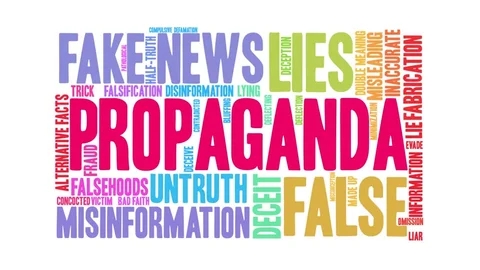
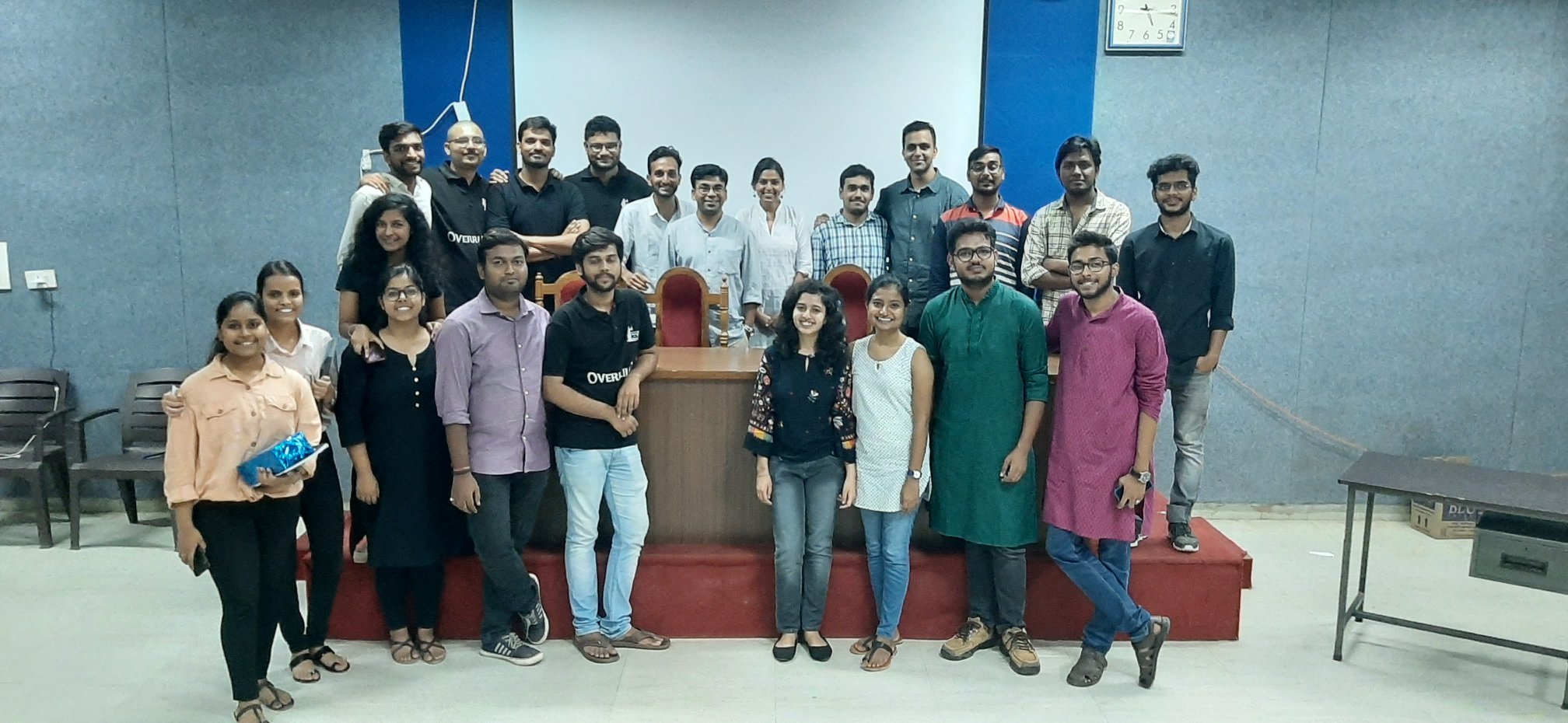
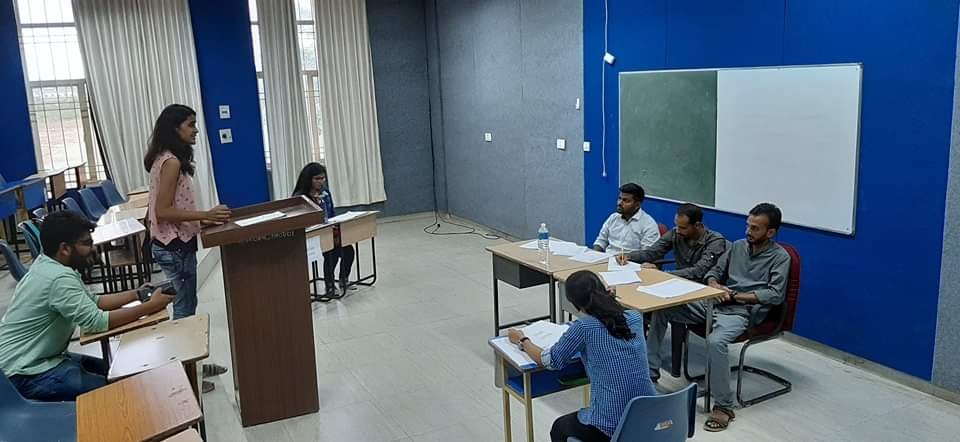
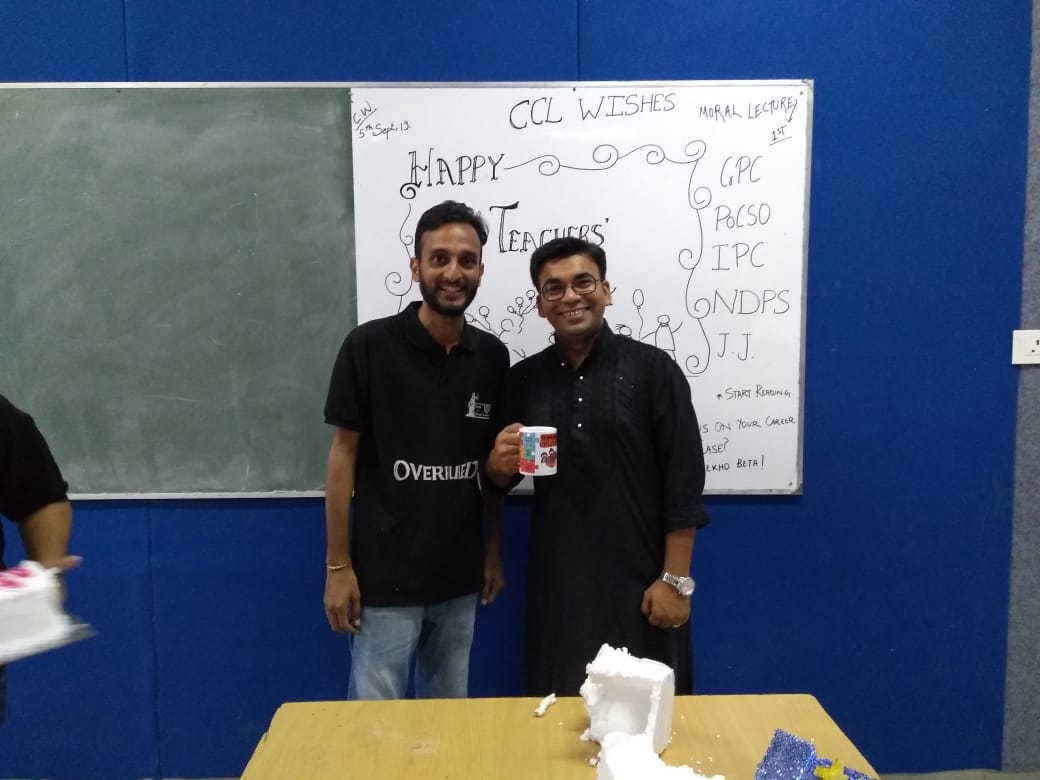
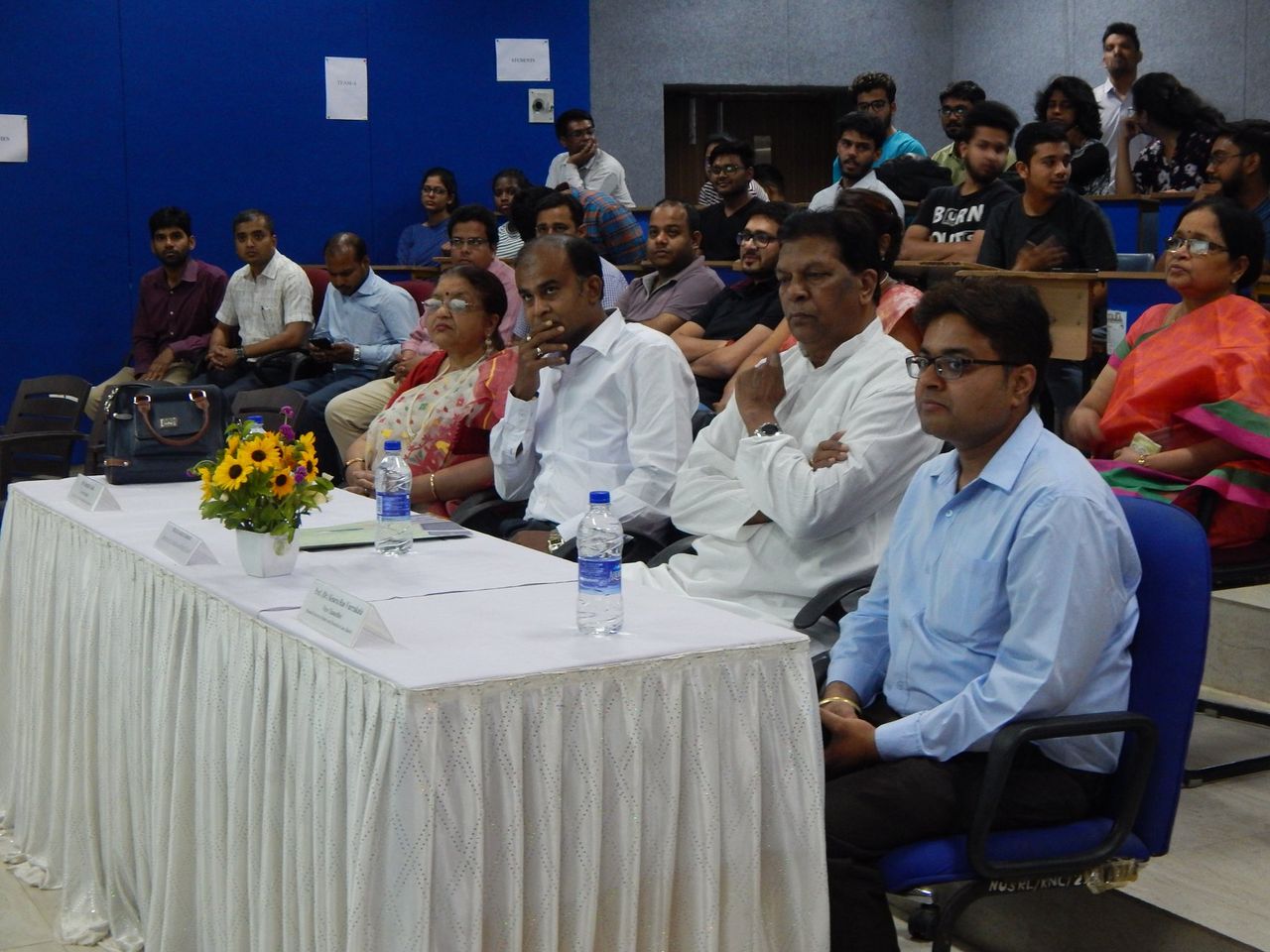

Leave a comment